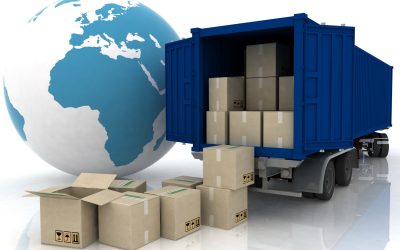In the past few years, the trucking industry has experienced relative calm. In 2015, for instance, the truckload freight shipping industry numbers were flat, and apart from the issue of the west coast port labor dispute, things were relatively calm. Still, underneath all the calm, there are disruptors that anyone looking to succeed in the industry must do well to recognize and react to.
Most people do not realize it, but in the past few years many commercial freight and logistics companies have been found wanting. Their addresses, distribution networks and localized structures are suited for earlier market conditions and customer expectations. Gaps are appearing in their ability to satisfy their customers’ full range of new preferences. This means the most established companies are at risk of suffering from various disruptors;
Local Network Builders
The established companies are at the mercy of, and are having their markets sliced by local network builders. This category of freight and logistics service providers is dominated by e-commerce companies like Amazon, who are building localized, distributed structures for themselves. These retailers are getting in on the action, providing better targeted services than the established carriers.
Crowd-sourcing Services
Companies under this category leverage the power of social networks to offer flexibility and the kind of agility that is required to manage surge capacity. Firms like Cargomatic fall under this category, connecting the shippers and suppliers through the web and through mobile applications. Even though the jury is still out on the success of this business model, the very fact that they exist should be a worry.
The Startup
These are just like the typical shipping suppliers, but they target the kinds of small time customers that normally fly under the radar of the big companies. They make the small shippers feel special by targeting them as a specific customer segment that needs specific services and products.
Big Data
These use the power of information to satisfy the kinds of shippers who require more consumer-like buying experiences. If managed well, such an approach can yield significant cost savings for the carriers and the logistics companies, savings which can then be reverted back into the business.







